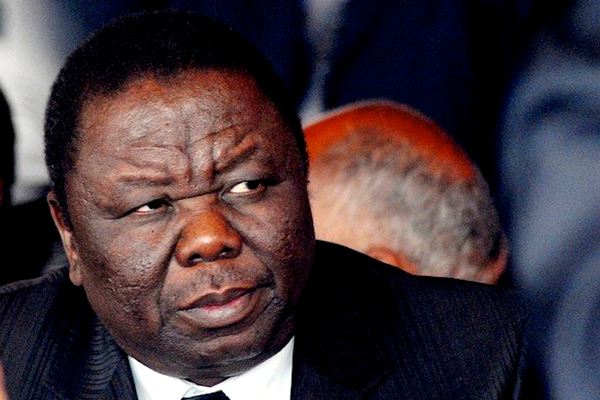
Zanu PF’s resounding victory over the opposition in the much-talked-about Bikita West by-election has birthed a new political conundrum that has left many a political analyst bewildered.
GUEST COLUMNIST LEARNMORE ZUZE
The election was crucial in that it served, somehow, as a litmus test for Joice Mujuru’s Zimbabwe People First (ZimPF), a party that may have been underrated or overrated in the political world. Many theories abound on ZimPF, but no one could really ascertain the magnitude of the party’s popularity or influence. It was speculation throughout; ZimPF itself could have overestimated or underestimated its clout, but the by-election, which came about following the jailing of former legislator Munyaradzi Kereke, may have been the awaited masterstroke that provided a much-needed glimpse into the popularity matrix of opposition politics. It is quite telling that all the opposition votes combined in this election could not even creep to near a quarter of Zanu PF’s 13 000-plus votes.
The opposition, namely, ZimPF, NCA and the independent candidates, were trounced beyond belief — the win was convincing. Nonetheless, it cannot be ignored that there were reported acts of violence that preceded this election yet we must also not be blind to the colossal margin of loss suffered by the opposition even in light of the disagreeable prospect of political violence having been a factor in Zanu PF’s victory. Zanu PF’s proclivity towards crudely whipping voters into line is well-documented in Bikita.
In fact, Bikita West was one of the first districts in Masvingo to have voters beaten when it voted for a Movement of Democratic Change candidate, Amos Mutongi, in June 2000. And after Mutongi succumbed to cancer a few months into his victory, war veterans’ leader Chenjerai Hunzvi led a terror campaign thumping the people back into line.
For a period, Bikita resembled a war zone and many fled their homes to neighbouring South Africa. There was massive displacement and as a result, Claudius Makova, who had polled 7 441 votes in 2000 against Mutongi’s 7 726, went on to garner 12 993 in the by-election against Boniface Pakai’s 7 001. Again, the seat went back to the hands of the ruling party. In that breath, it can be said that one of the major lessons to emerge from this by-election is that violence is a factor and that voters can be whipped into line. Isn’t it a mystery that voters can all of a sudden decide against a candidate they voted for a few months earlier? Such has been the Bikita West story. The recent development brings a new twist and many insights to what might likely be the decisive factor in 2018.
A few weeks before the by-election, there were a number of factors that presumably militated against a Zanu PF victory. Whispers say the people of Bikita West had already started calling the People First candidate, Kudakwashe Gopo, “honourable” in anticipation of an opposition victory. Victory had been mentally handed to the ZimPF candidate. What further aided to Zanu PF’s woes was the fact of the imposition of a highly unpopular candidate in Beauty Chabaya against the wishes of the people of Bikita.
Chabaya, though born in the district, was married elsewhere, hence, was generally not seen as fit to be a proper representative for the constituency. She, nonetheless, garnered a strong 13 156 votes against the nearest rival ZimPF candidate, who got 2 453 votes.
- Chamisa under fire over US$120K donation
- Mavhunga puts DeMbare into Chibuku quarterfinals
- Pension funds bet on Cabora Bassa oilfields
- Councils defy govt fire tender directive
Keep Reading
Now that Zanu PF has romped to victory against every other opposition minus the MDC-T, the all-concerning question is: Was the MDC-T vote silent in last Saturday’s votes? And if indeed it was silent, how much of the MDC-T’s influence was missing in this election? Can people read much into this by-election result? Can it be safely said that these elections carry a semblance of what lies in store for the people of Zimbabwe in 2018? Is this a distortion, a grotesque picture of real reality?
The MDC-T, it would appear, would be the necessary game changer if its silence and lack of involvement in this particular election would amount to anything. Its call for electoral reforms may be very logical after all. The election may be a vindicating factor to the MDC-T’s call for electoral reforms before participation. It is also strongly believed that by not openly calling for its supporters to rally behind Mujuru, the MDC-T has intelligently been able to gauge ZimPF’s political influence, a factor that could be very crucial in deciding who leads the proposed coalition.
Zimbabwe, after all is said, desperately yearns for a new dispensation come 2018 and it would appear only a plurality of parties may be the only way towards achieving the desired result. At this stage, the opposition, perhaps, needs each other more than at any other time if it dreams of upsetting the incumbent party next year.











